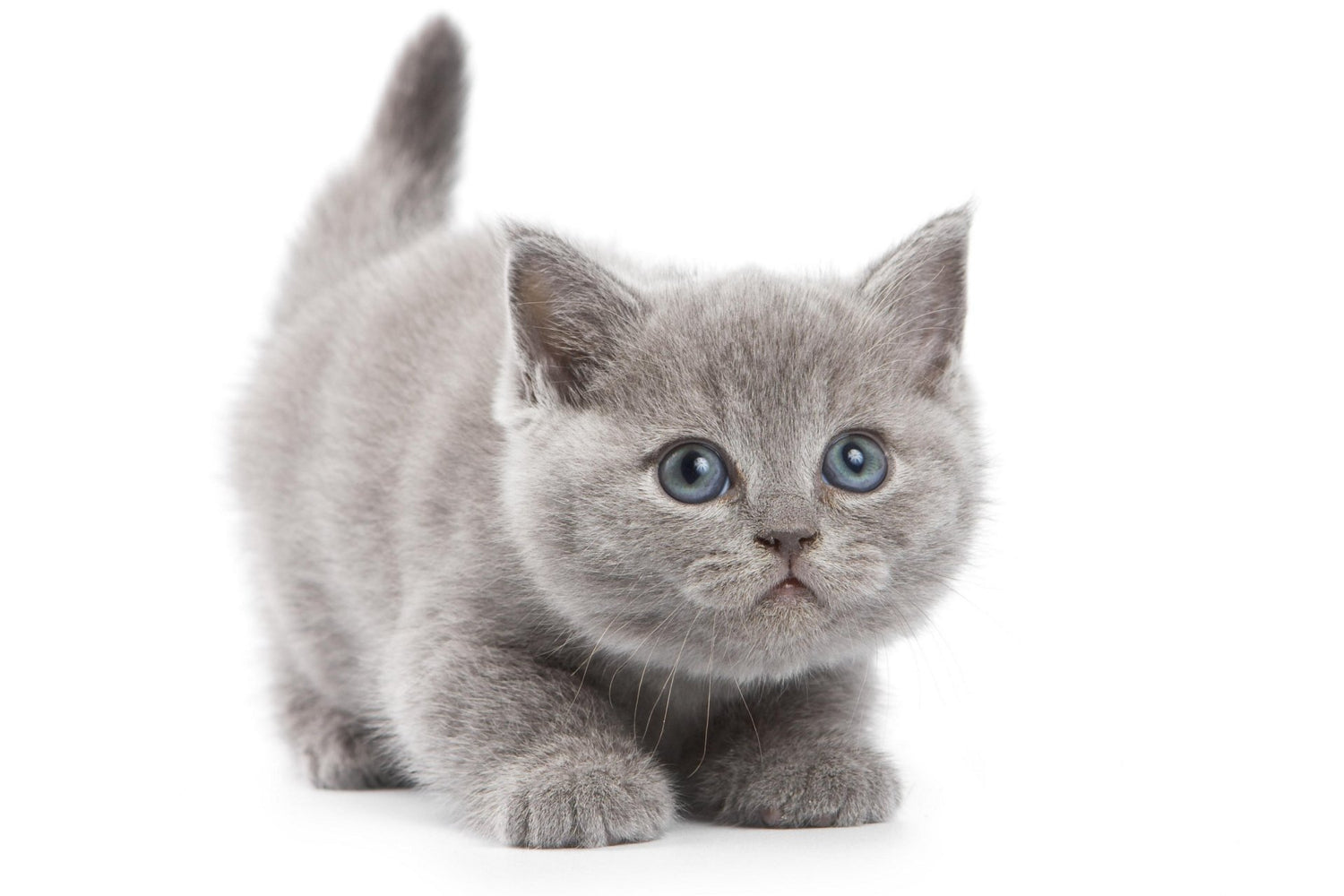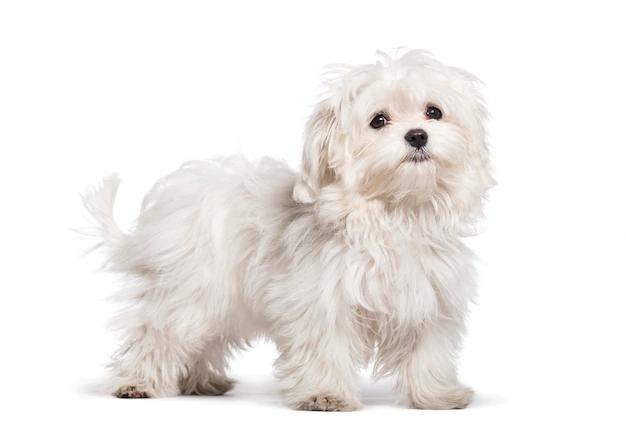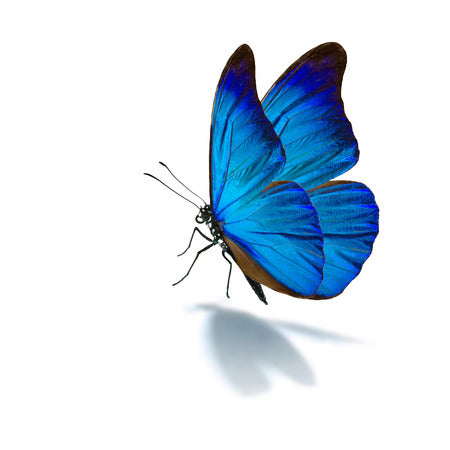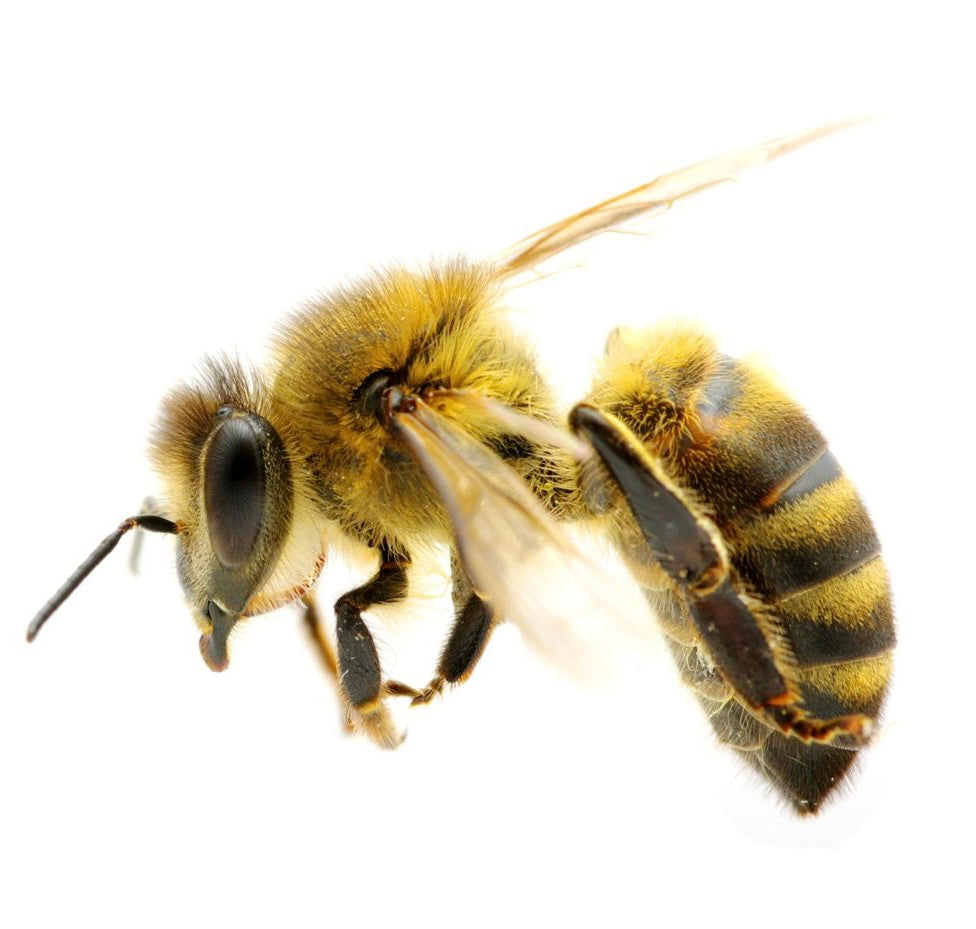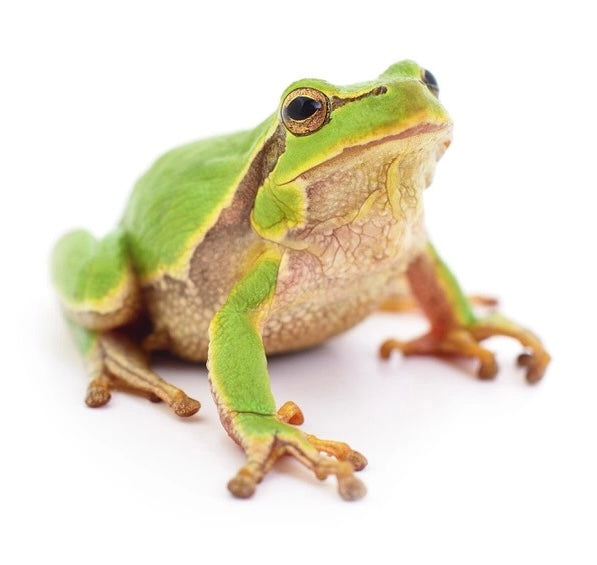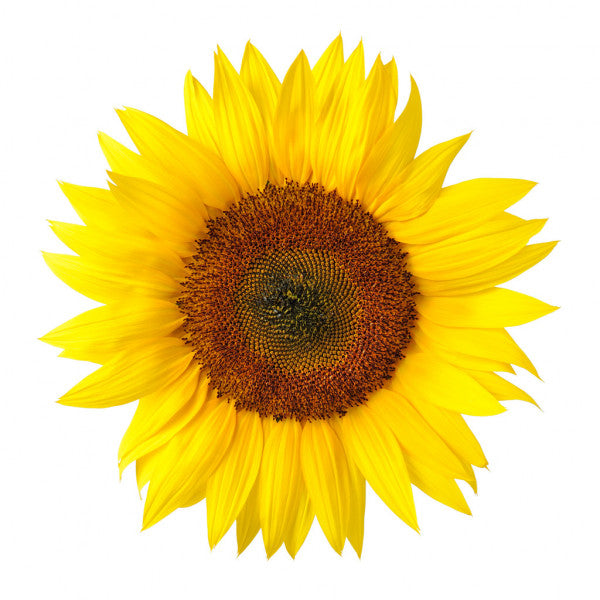EkoWorld Jewels
925 Sterling Silver Pig Donut Charm
925 Sterling Silver Pig Donut Charm
Couldn't load pickup availability
Free shipping
Free shipping
Returns and exchanges within 30 days
Returns and exchanges within 30 days
Returns and exchanges up to 30 days after receiving your order!
The return can be requested within 14 days of receiving the order, and made within 30 days after receiving the order.
10% discount if you add it in the 🛒
10% discount if you add it in the 🛒
Unlock an additional discount when you buy multiple items!
The more you buy, the more you save! ❤️
The more you buy, the more you save! ❤️
The more you buy, the more you save!
Buy 2 Items with 15% discount
Buy 3 Items with 20% discount
Buy 4 Items for 25% off
It is fascinating to search for the traces of the pig in myth and history, retrace its magical and religious meanings that have accompanied its evolution and spread throughout most of the world. In this regard, we are helped by a precious reconstruction carried out by Donato Matassino, Ferdinando Ciani and Riccardo Valli (in “L'Allevatore” , 15-30 April 2005, with kind permission).
The earliest cult figures representing the sow are round in the shape of a vase and appear about 7,000 years ago. They seem to depend on various factors including the animal's rapid growth and prolificacy, the habit of smelling and digging the ground (the Underworld).
But perhaps the most important function to be exalted was its fecundity; in fact, the sow was pregnant for almost 4 months, alternating with two other stages of preparation and sterility. This cyclical nature has allowed, in some historical cultures of the archaic period, to divide the annual cycle into three phases. In fact, the Egyptian goddess Toeris, depicted with a pig's head, was the goddess who presided over the alternation of time (Civitelli, 2001).
The sow, goddess of the sky and mother of the stars
In ancient Egypt the pig is the sacred being to the gods Seth and Thot and the sow represents the sky goddess Nut, whose children - the stars - were swallowed in the morning and resurrected in the evening, while the goddess Isis is depicted throning on a pig (Civitelli, 2001).
The wild pig that makes the land emerge from the waters
In India the pig goddess Vajravarahi (the diamond sow) has a six-pointed star and dances along the orbit of the stars, having under her dPal-Idan-iha-mo, the goddess of Soma, of the ocean of milk. or blood from which everything was created.
In the Vedic and then Hindu Religion the boar Varaha is one of the ten earthly incarnations of the goddess Vishnu, belonging to the sacred Trimurti together with Brahma and Shiva, who takes on the appearance of a wild pig to bring out the earth from the waters (Civitelli, 2001) .
The Great Primordial Pig
In the Tibetan Samaras, the wheels of life which, in order to be regenerated, must be traveled in both directions, have a pig, the original essence, at the center of the spherical labyrinth. In fact, the inspiring principle reads as follows: “In the beginning, in the East, lived the Great primordial Pig. The Sun and the Moon were his eyes and the stars, rising and setting, ran through his body. From the first sow everything that exists was born: she is the mother of all of us ” (Civitelli, 2001).

Symbol of priests
Among the Celts the wild pig was one of the symbols of the god Lug and represented the Druidic caste, in contrast to the bear which was the emblem of the warriors. During the Saman period, corresponding to the current recurrence of the dead, the pig constituted a sacred link between the world of the living and the Hereafter; the animal, killed in the evening for the sacrificial banquet, came back to life at dawn, representing the eternal cycle of events. But the symbology, which the Druids attributed to the boar-pig, suggests that the animal performed a real foundation ritual function, attributed only to a guide animal (Civitelli, 2001).
Wild nature, useful domestication
In China, the symbolic ambiguity of the pig was used for teaching and warning purposes: at the beginning it represents the instinctive, dirty, aggressive nature which, once domesticated, proves to be of considerable utility (Civitelli, 2001).
30 DAY MONEY BACK GUARANTEE
are you not satisfied with your purchase? You will have the option to return it and receive a full refund within 30 days of payment.
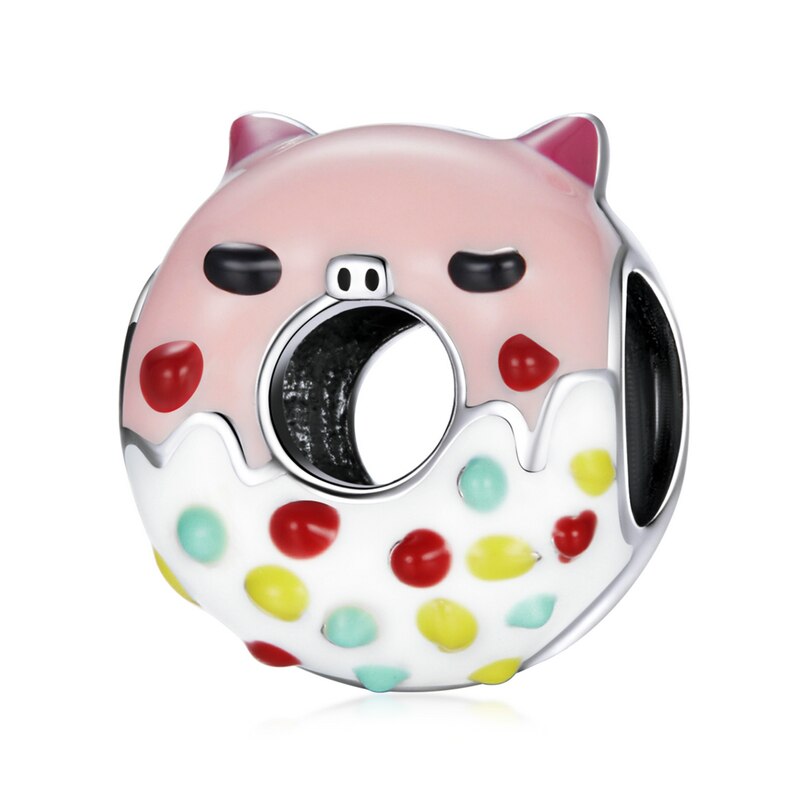

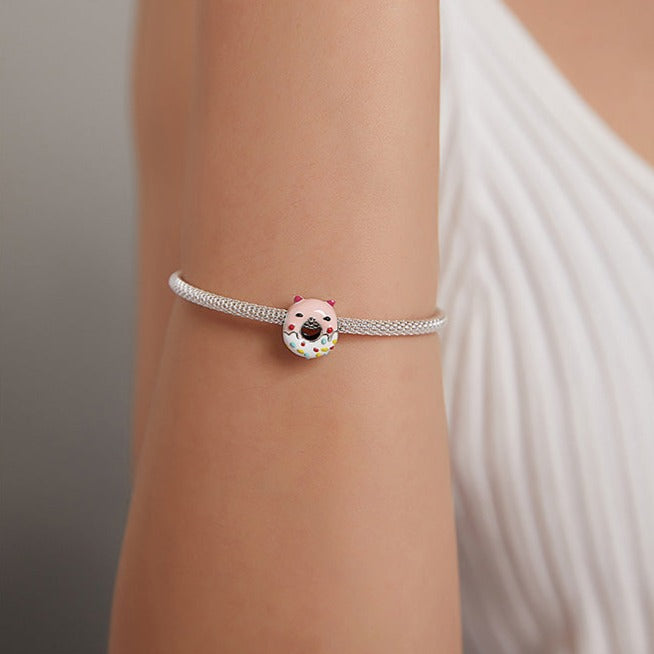
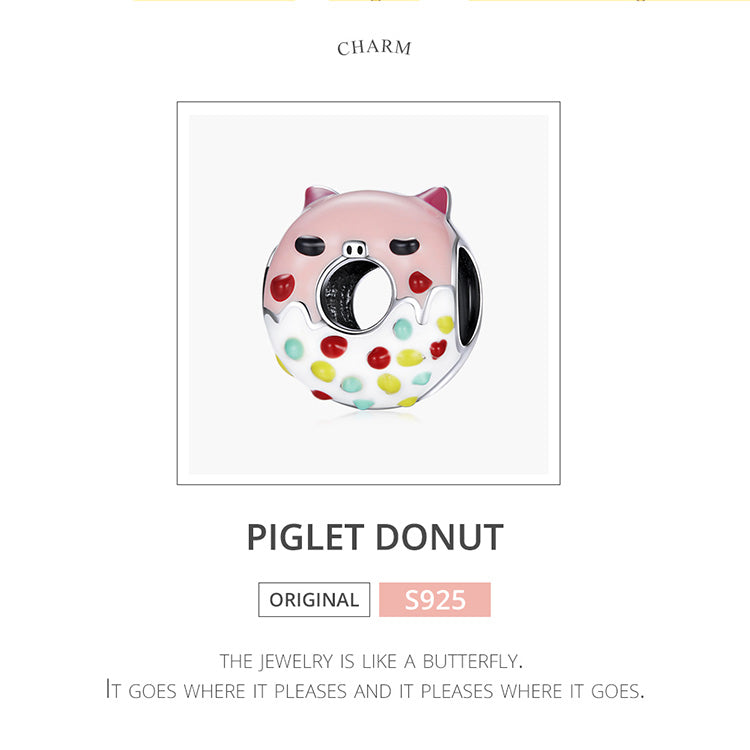
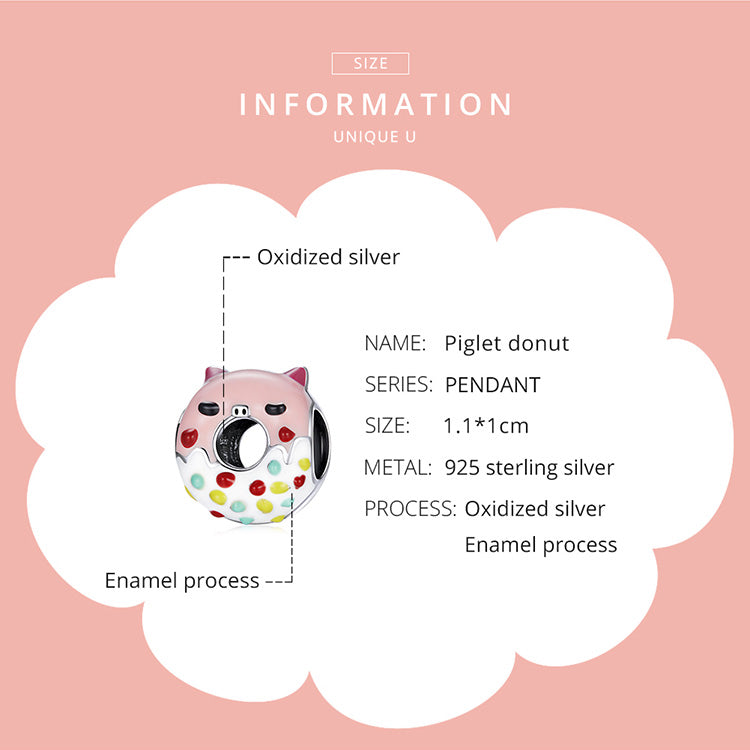

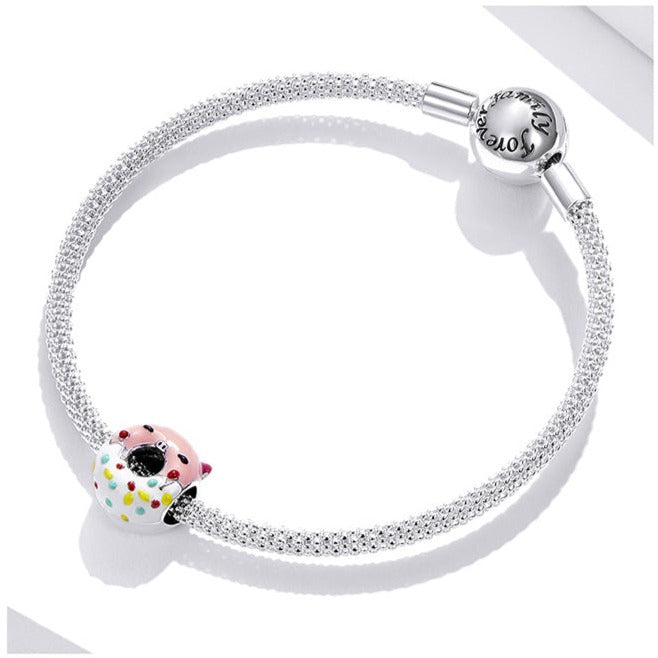
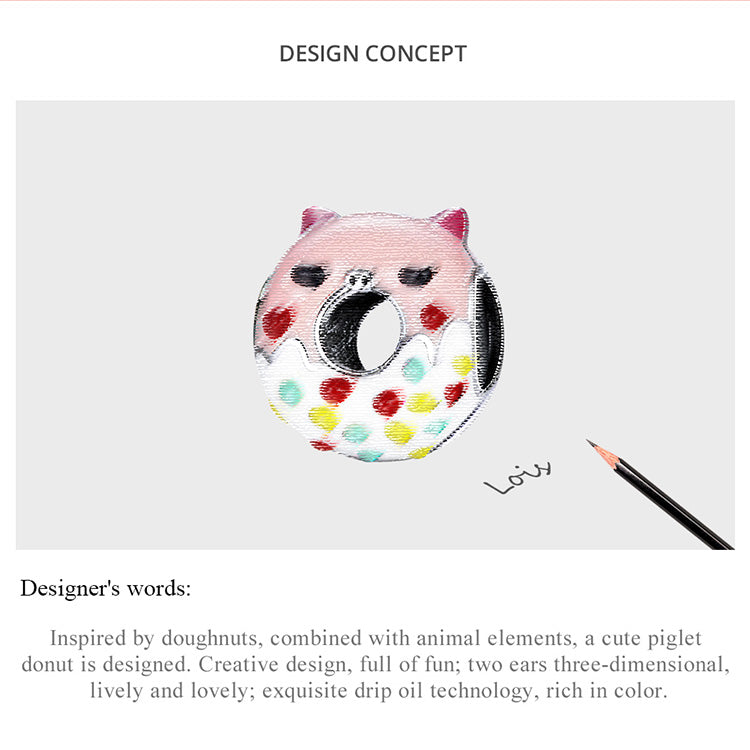

Discover all the jewels
-

Tree of Life
The Tree of Life commonly represents the interconnectedness of everything in the...
-

The magic of Flowers
Floriography is the 'language of flowers'. Dating back to the Victorian times...
-

World Fruit Jewels
Jewels in 925 Silver and Natural Stones inspired by the world of...
-
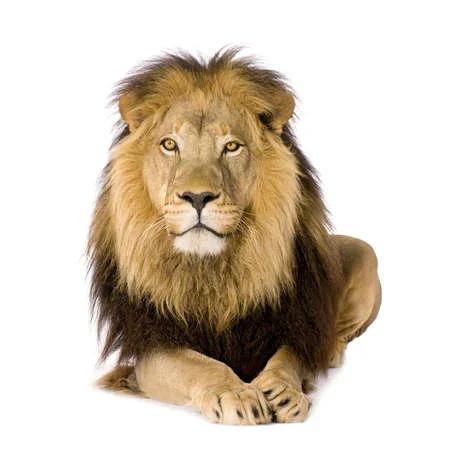
Animal Kingdom
The animal kingdom has been a rich source of inspiration for jewellery...

Turtle ring
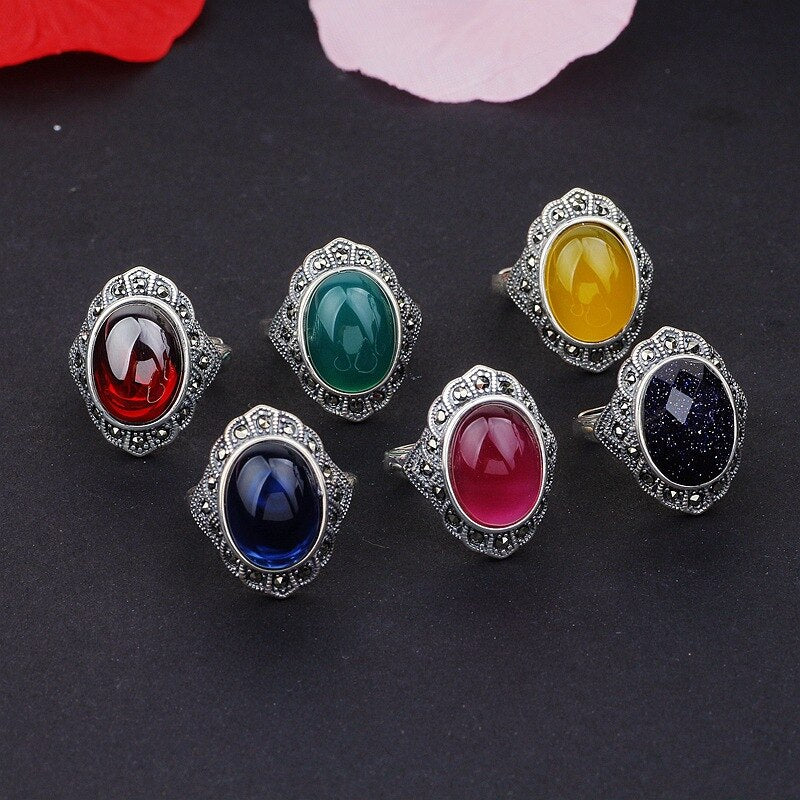
Natural Stone Ring

Dragonfly earrings

Serpent Ring

Donut Charm
Popular caregories ...
View all-

Lotus flower
Lotus Flower Inspired Jewelery ...
-
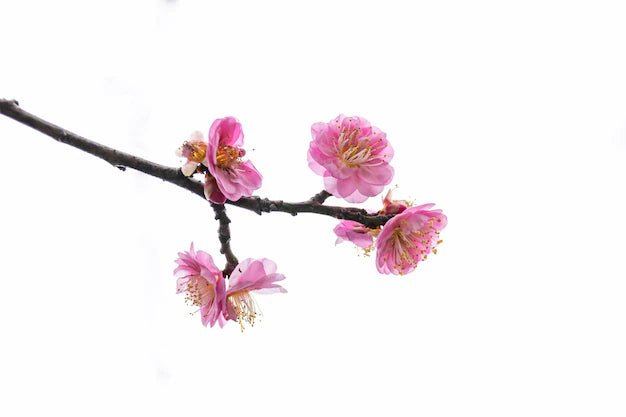
Plum blossom
Jewelery inspired by the Plum Blossom
-

Sakura flowers
Sakura flower inspired jewelry ...
-

Guaranteed quality
Over 25,000 satisfied customers worldwide. -

Secure payment
We entrust the management of our online payments to Stripe and Paypal , 100% safe. -

Money Back Guarantee
Returns are possible up to 30 days from receipt of the items.

4,98 su 5 stelle
Basato su oltre 300 Recensioni.
Visualizzane una selezione o inviaci una tua foto per ottenere un Buono da 10 €


















